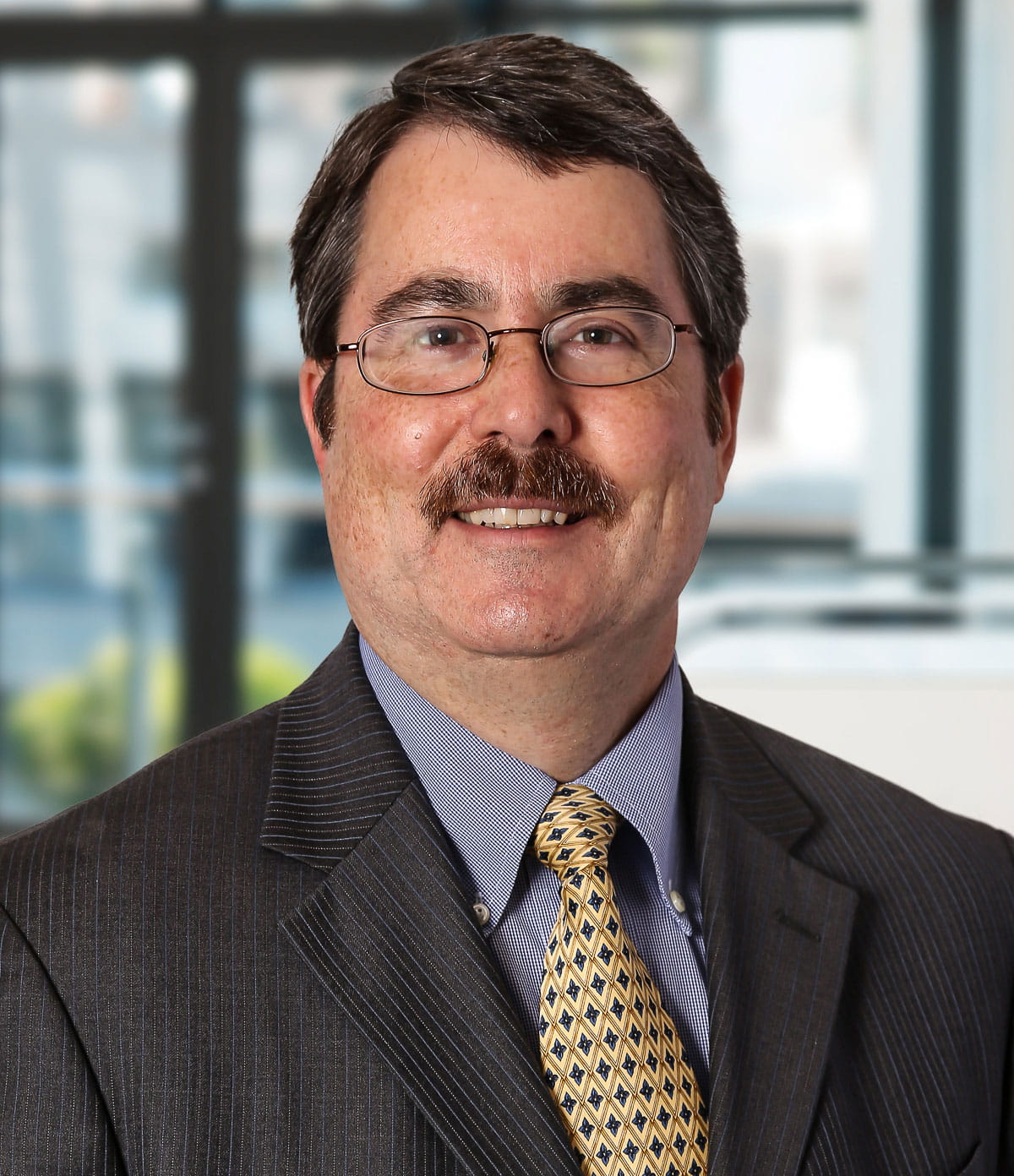As a fellow, you will train under some of the nation's top clinicians, educators and researchers. We have a highly collaborative faculty network, formal research seminars, informal presentations, journal reviews and didactic lectures that will stimulate your intellect and encourage you in the development of an outstanding career. Fellows who complete training in our programs will be eligible for board certification. Our fellowship is accredidted by the United Council for Neurologic Subspecialties (UCNS). However, UCNS, effective 2020, is no longer offering certification examinations for Geriatric Neurology.
Training consists of a minimum one year clinical training in Geriatric Neurology with major attention to care for dementing, movement, stroke, gait, balance, mood and other geriatric disorders including diagnosis and management of these conditions.
Multidisciplinary Training Opportunities
- Training will be provided in neuropsychology, neuroradiology, geriatric psychiatry, geriatric medicine, traumatic brain injury, stroke, neuro-oncolocy, and clinical trials.
- Longitudinal experiences in the Memory Disorders Clinic, Movement Disorders Clinic, and in a long-term care facility
- Elective rotations
- Outpatient specialty clinic involvement including our multidisciplinary Young Onset Dementia Clinic
- Weekly didactic activities with Cognitive and Geriatric faculty
- Regularly scheduled conferences include Neurology Grand Rounds, Neurobehavior Case Conference, Neuroradiology Case Conference, Neuropathology Case Conference, Clinical Consensus Case Conference, and Journal Club
Research
Our Center for Cognitive and Memory Disorders is working on many groundbreaking research projects with the very real potential to help patients afflicted with cognitive and geriatric-related disorders. Fellows will also be encouraged to perform research projects in conjunction with designated Ohio State faculty – required for training programs longer than one year.
- We are studying new drugs for Alzheimer’s disease (preclinical, Mild Cognitive Impairment, and dementia stages) designed to remove tau, remove amyloid, to improve synaptic health, to reduce brain inflammation, and to work through metabolic pathways and reduce oxidative stress
- Innovative therapeutic device and surgical trials including use of Low Intensity Focused Ultrasound, neurostimulation devices, and gene therapies to deliver brain derived neurotrophic factor (BDNF) are being investigated
- We are testing new drug treatments for those with Lewy body disease and are conducting a study to discover novel imaging and sleep characteristics that will help with early diagnosis of Lewy body disease
- Additional clinical trials are underway to study treatments to improve brain health and problem behaviors seen in dementia
- We are currently studying the integration of eSAGE (BrainTest) with electronic medical record data using machine learning for the early detection and monitoring of cognitive impairment in individuals including those underserved
How to Apply
Thank you for your interest in our fellowship training programs. You may download a PDF of the application below. Complete and submit it along with the other required documents noted below to the program coordinator listed on the application. Applications may be scanned and emailed or faxed. Or simply mail a hard copy of all materials to the street address listed on the application form.
Application requirements include:
- Completed application form
- Transcript of medical school grades
- Three letters of recommendation from physicians you have worked with, addressed to Doug Scharre, MD
- Curriculum vitae
- U.S. Medical Licensing Examination (USMLE) score
- Copy of your Educational Commission for Foreign Medical Graduates (ECFMG) certificate if you are a foreign medical graduate
Contact Information for outreach/questions:
Doug Scharre, MD
Fellowship Director
Professor of Clinical Neurology and Psychiatry
Ohio State University Wexner Medical Center
395 W. 12th Avenue, 7th Floor
Columbus, OH 43210, USA
Email: scharre.1@osu.edu

